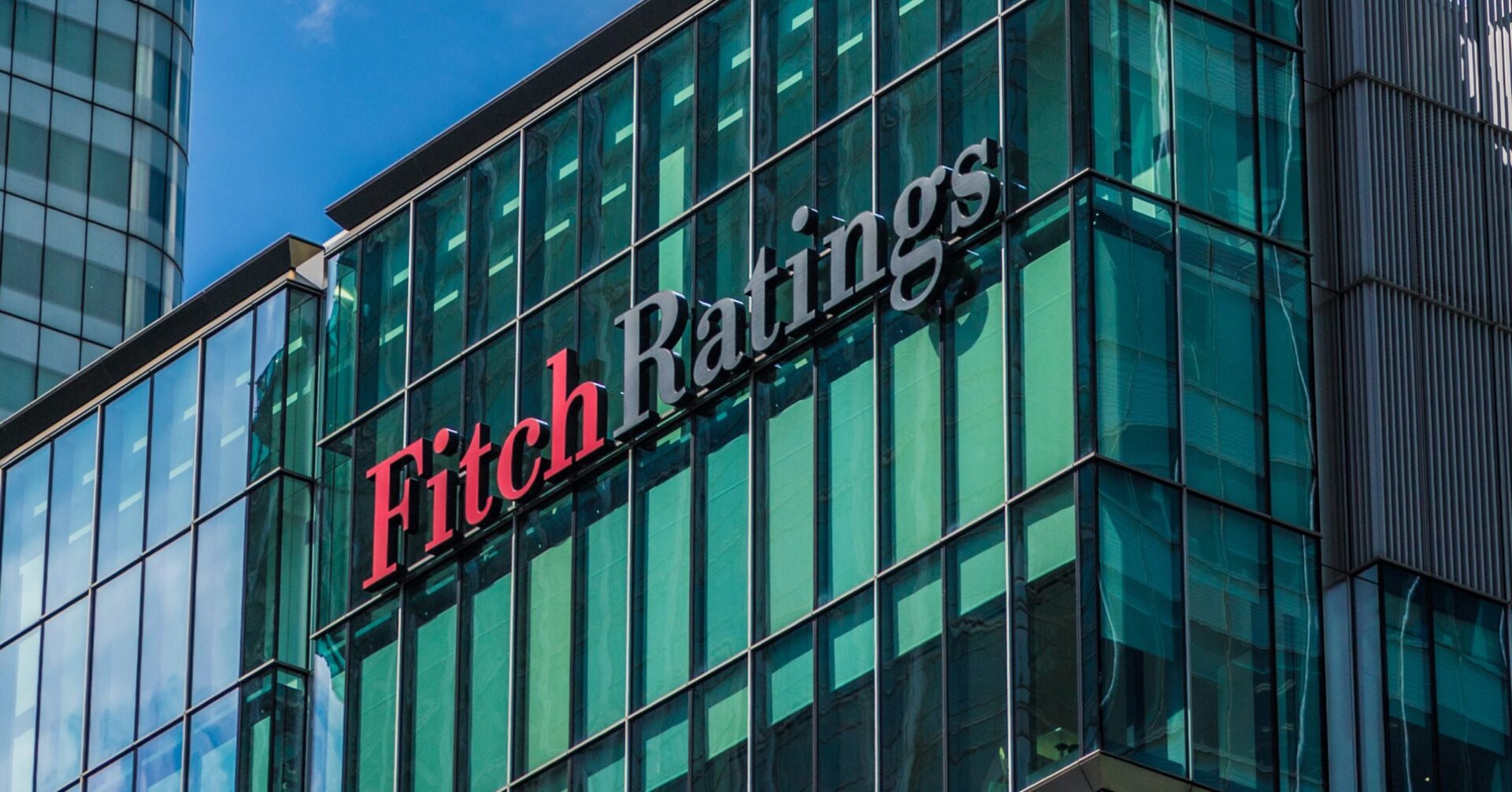Mortgage rates rose once again last week, elevated by economic news that took investors and analysts by surprise.
Officials at Freddie Mac reported Thursday that the 30-year fixed-rate mortgage averaged 6.90%, up from 6.81%. A year ago at this time, the 30-year FRM averaged 5.30%.
The 15-year fixed-rate mortgage also increased, up to 6.25% from 6.11%. A year ago, it averaged 4.26%.
“The combination of upbeat economic data and the U.S. government credit rating downgrade caused mortgage rates to rise this week,” said Sam Khater, Freddie Mac’s Chief Economist. “Despite higher rates and lower purchase demand, home prices have increased due to very low unsold inventory.”
On Tuesday, leaders at Fitch announced they had downgraded the United States of America’s Long-Term Foreign-Currency Issuer Default Rating from AAA to AA+.
Fitch is one of three nationally recognized statistical ratings organizations. The other two are Moody’s Investors Service and S&P Global Ratings.
Expected fiscal deterioration over the next three years, a high and growing general government debt burden, and the erosion of governance were cited as reasons for the downgrade.
“The repeated debt-limit political standoffs and last-minute resolutions have eroded confidence in fiscal management. In addition, the government lacks a medium-term fiscal framework, unlike most peers, and has a complex budgeting process,” leaders at Fitch said in a statement.
Both investors and the White House expressed surprise at the move. U.S. Treasury Secretary Janet Yellen called the move “arbitrary and based on outdated data.”
On Wednesday, Fannie Mae and Freddie Mac’s Long-Term Issuer Default Ratings and senior unsecured debt ratings were also downgraded to AA+.
Leaders at Fitch said the enterprises benefit from government support and their downgrade is consistent with actions taken on the U.S. It was not driven by fundamental credit, capital, or liquidity deterioration at the firms.
The decision’s impact on the overall economy is yet to be seen.
“As far as the market impact, it’s uncertain right now,” Keith Lerner, co-chief investment officer at Truist Advisory Services in Atlanta, told Reuters. “The market is at a point where it’s somewhat vulnerable to bad news.”
Other analysts have noted that while the downgrade is an embarrassment for the government, its rating is still high enough to retain investors.
Read More Articles:
In “Wake-Up Call” Fitch Downgrades U.S., Fannie Mae, Freddie Mac
